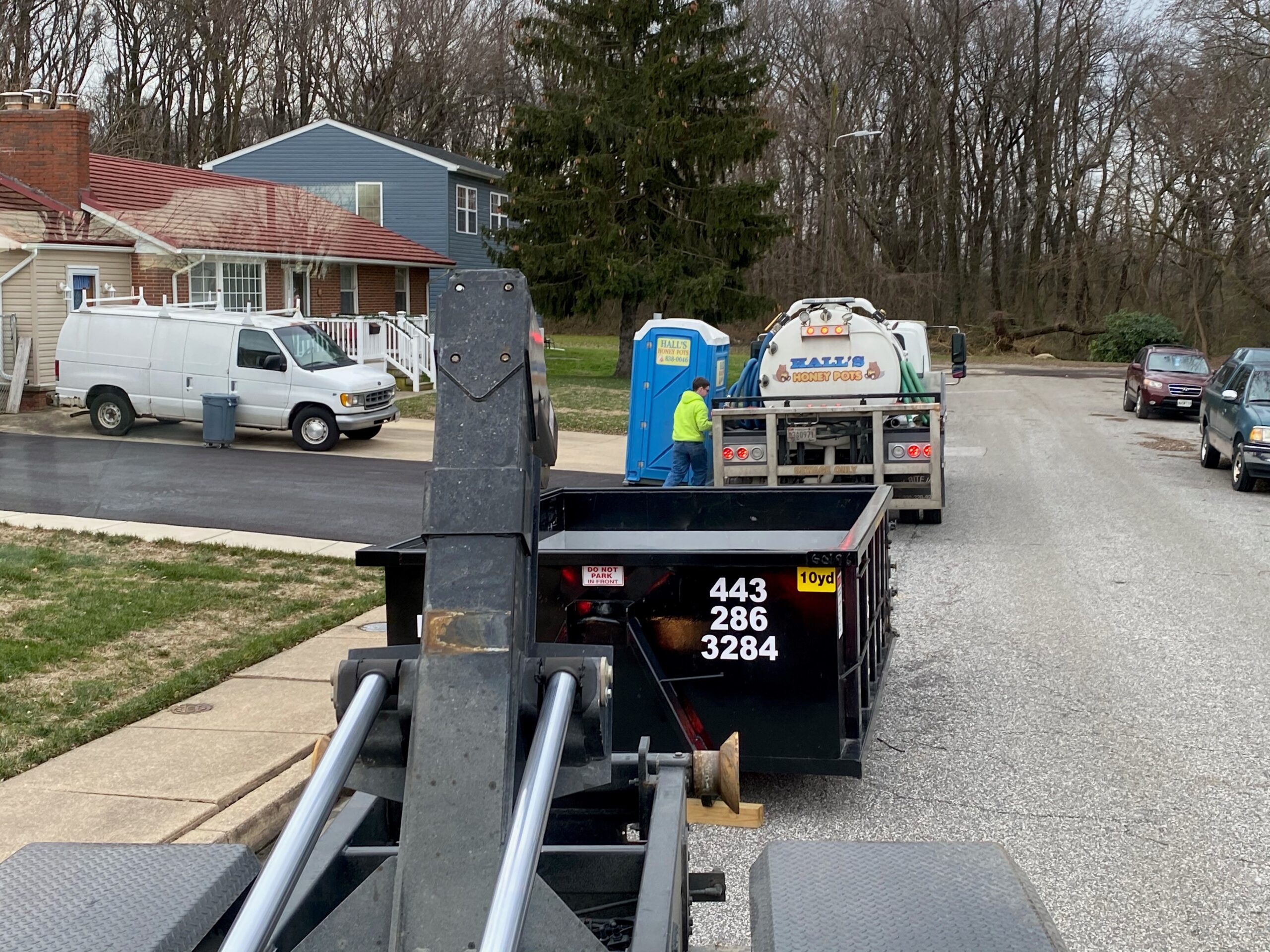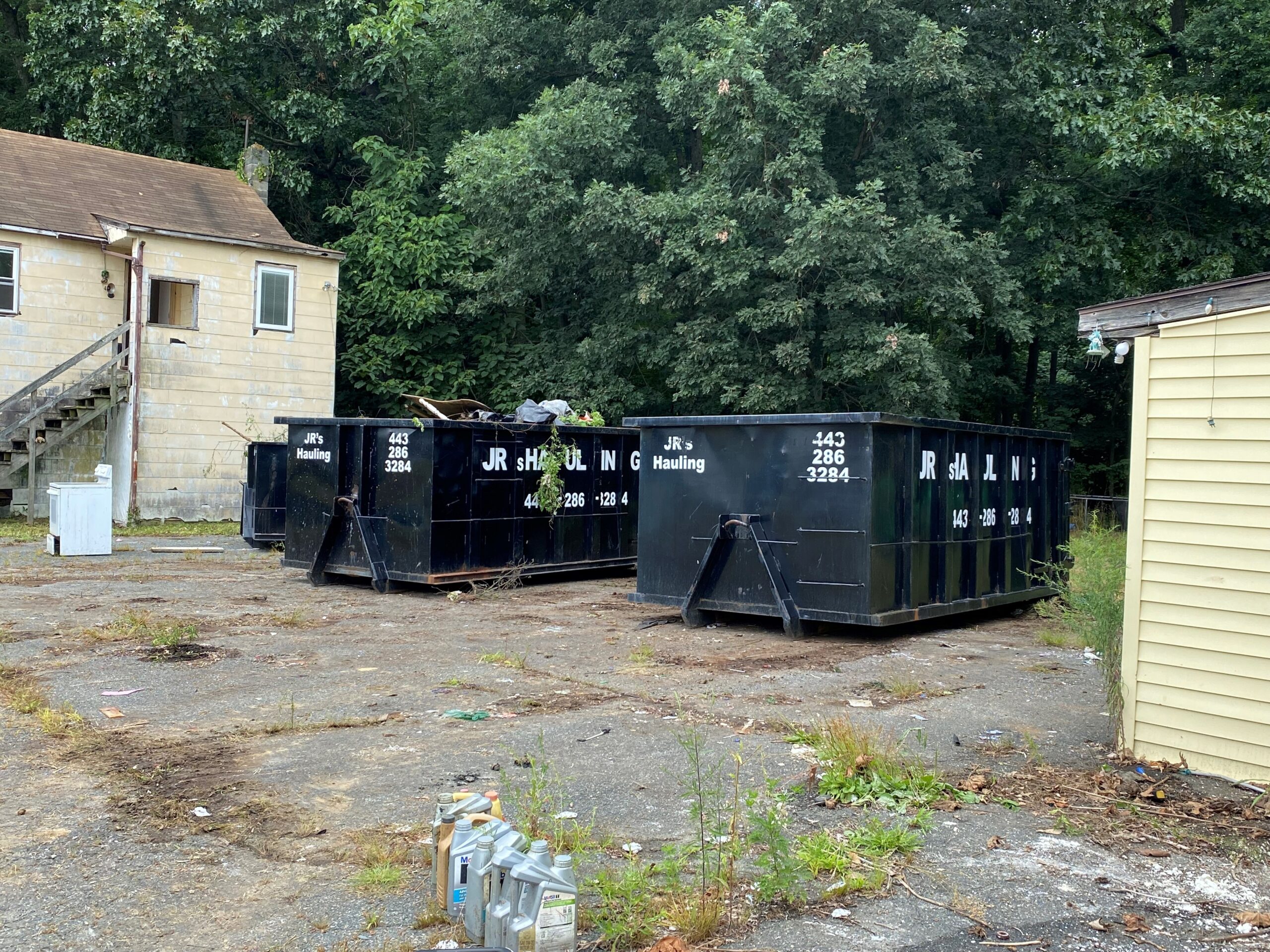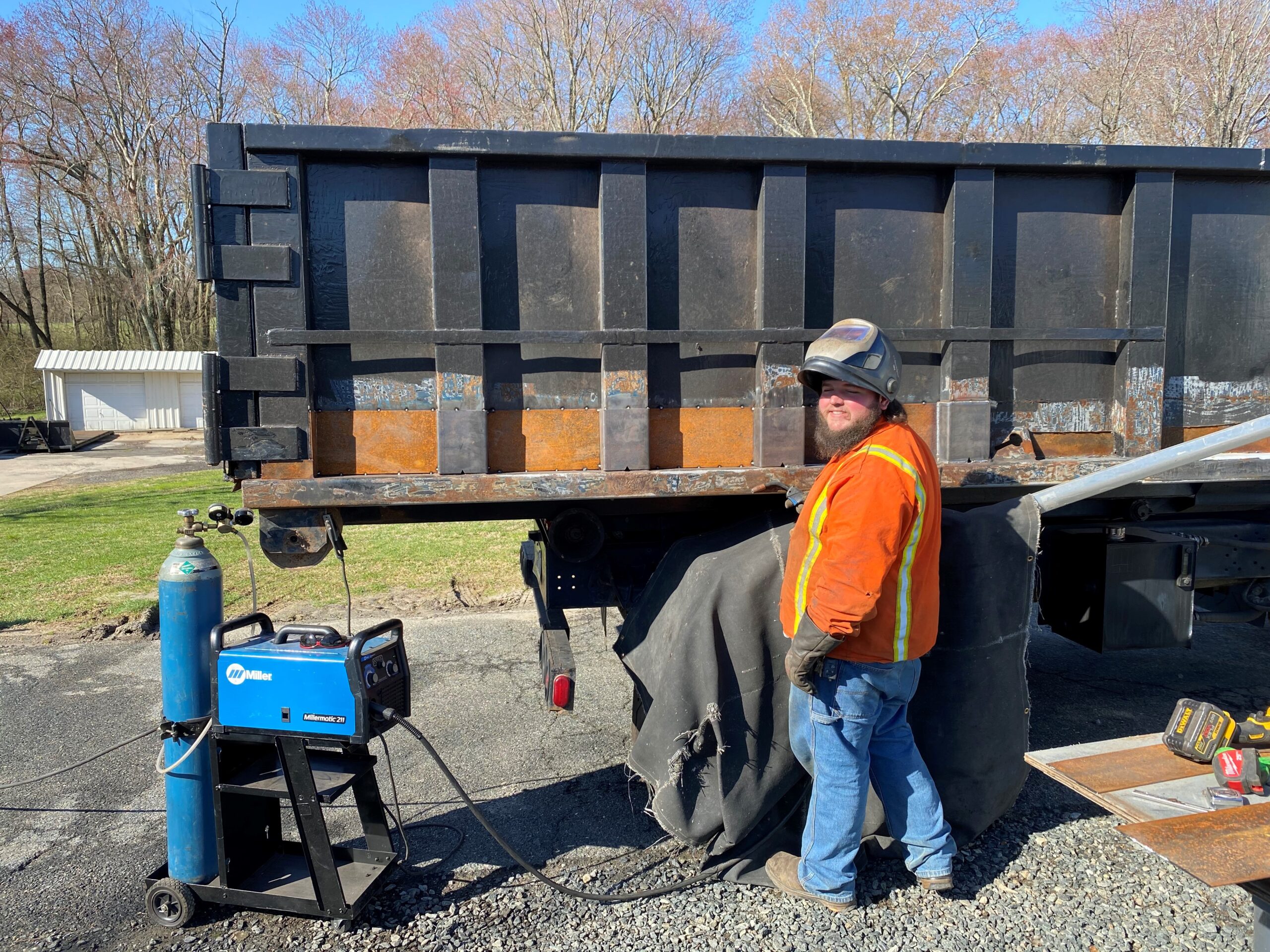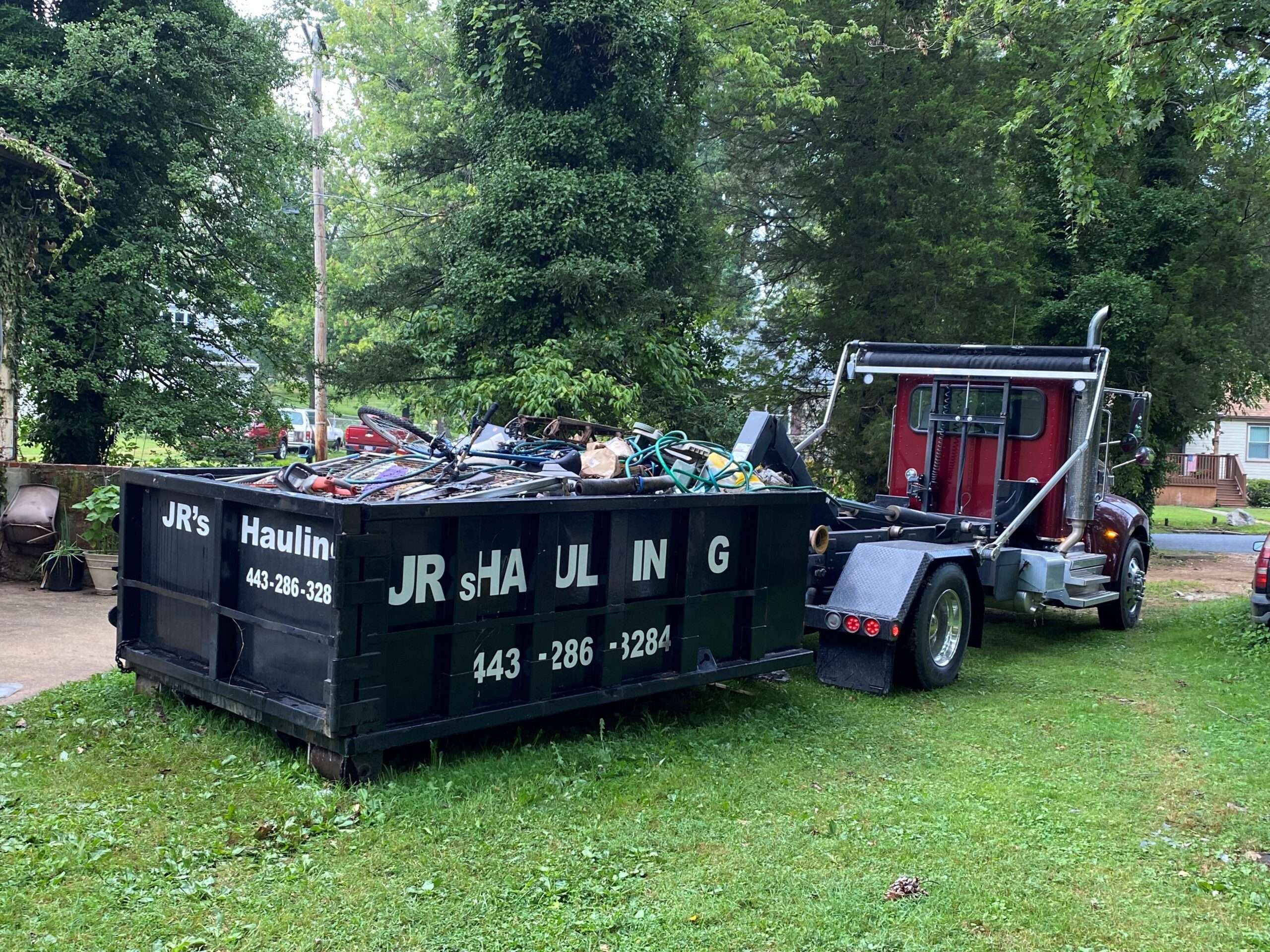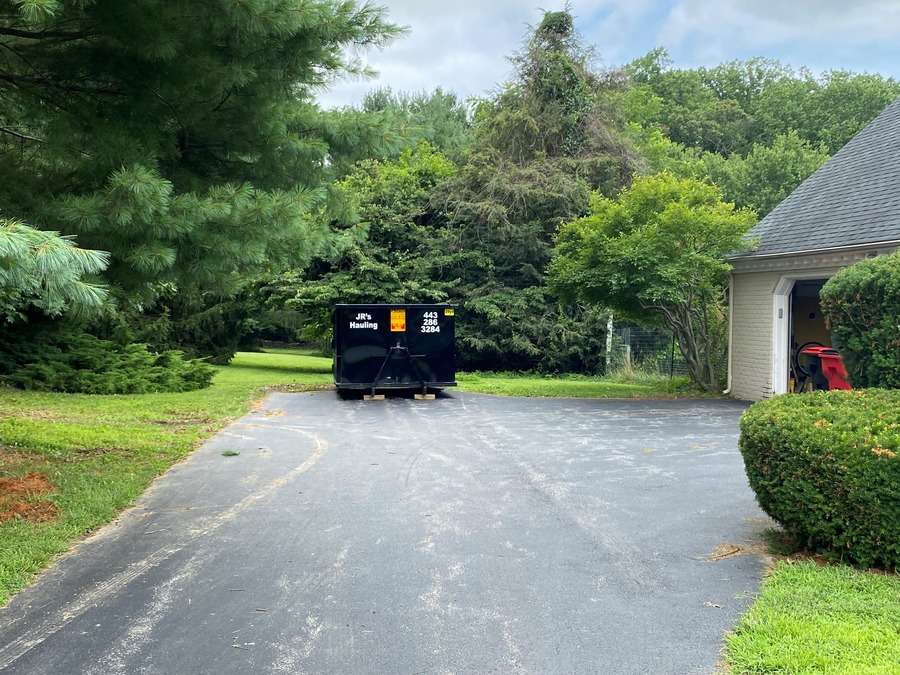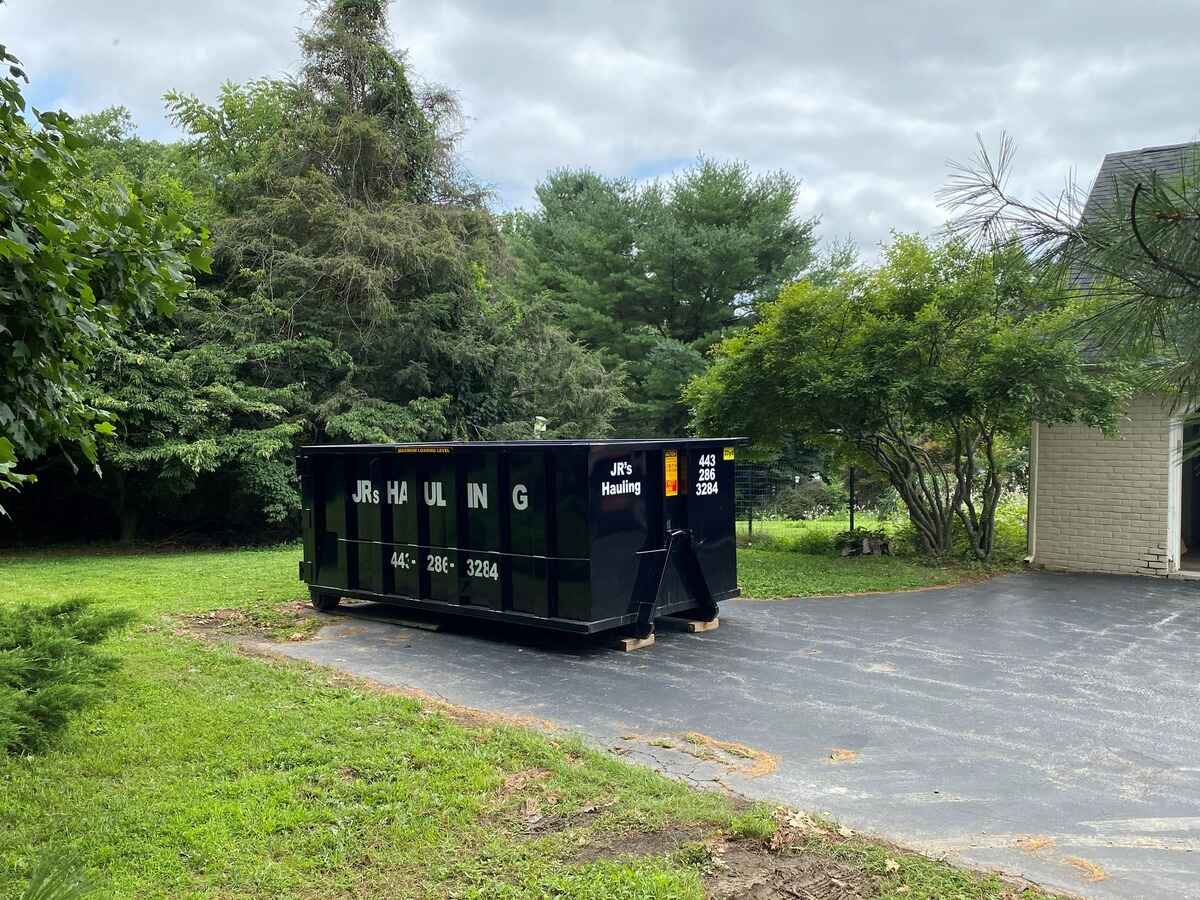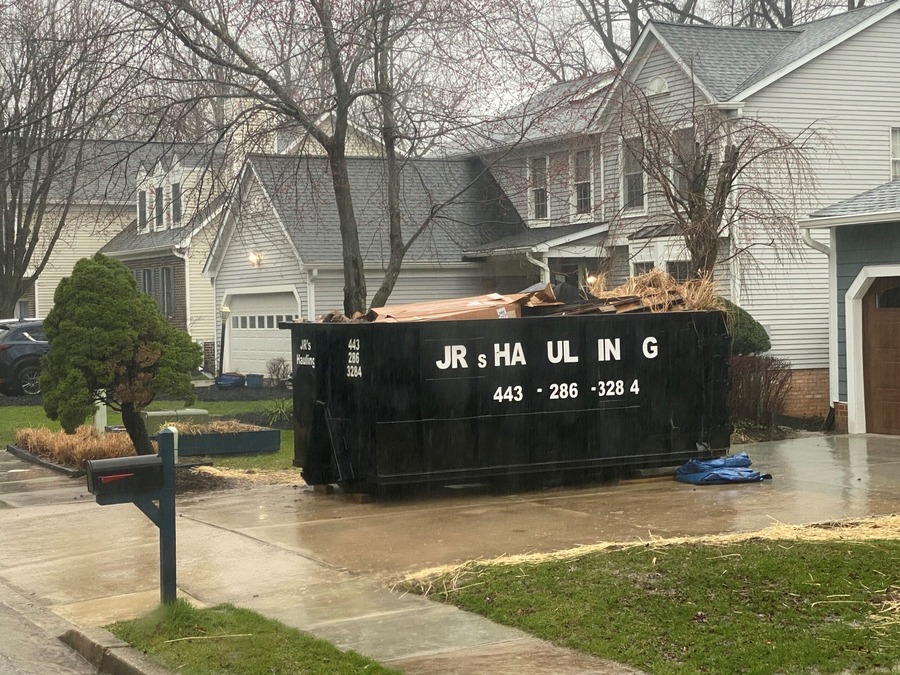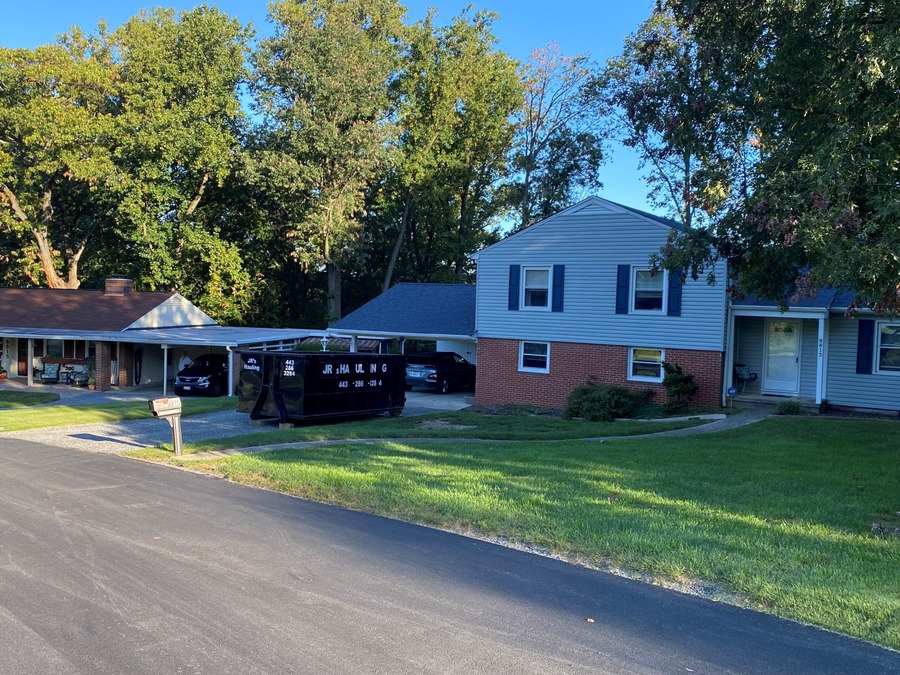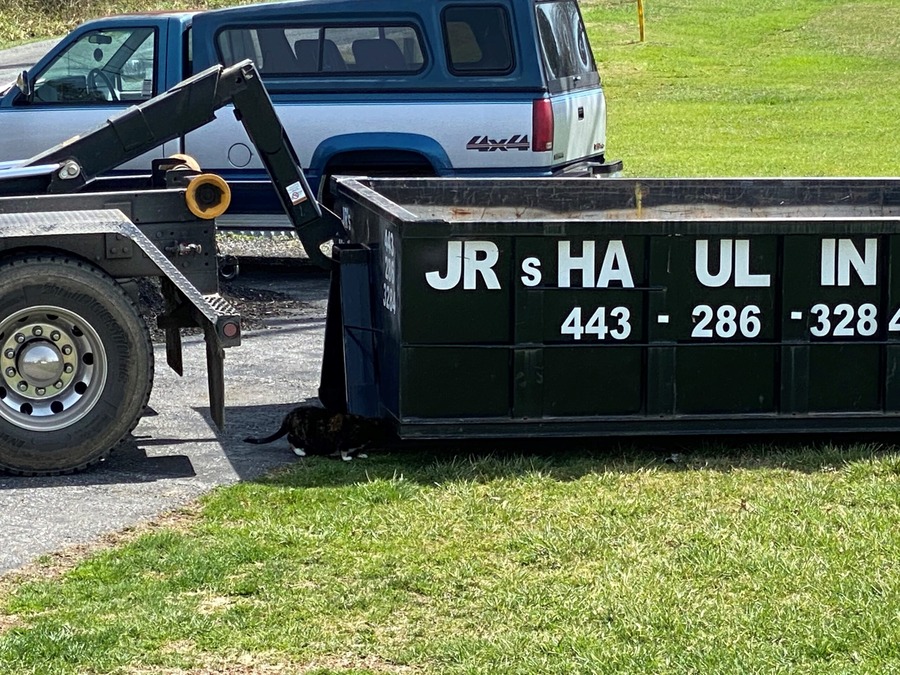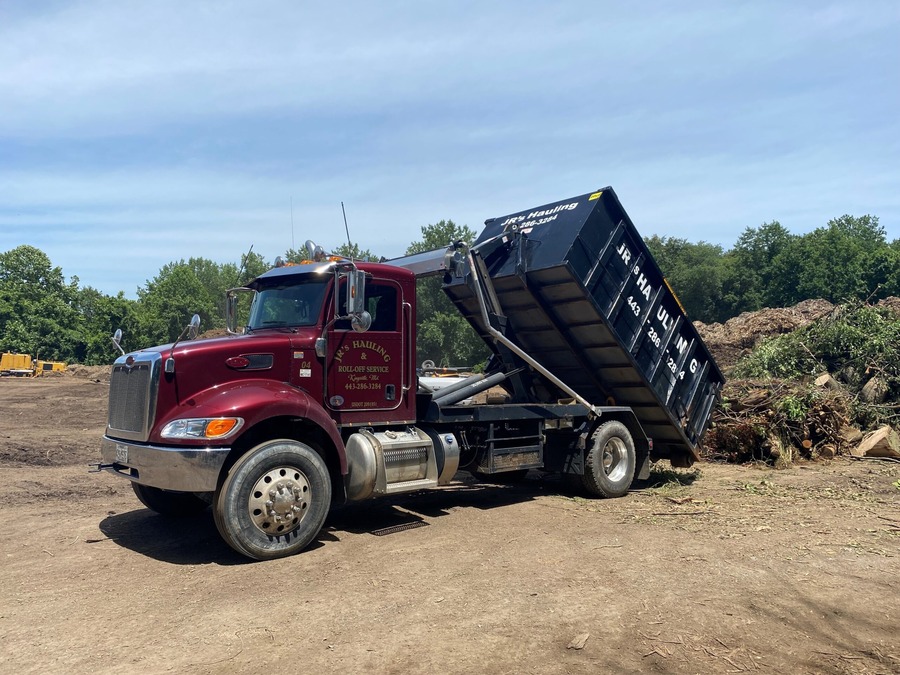How Having a Plan and Arranging a Dumpster Rental Can Make a Tough Job Easier
Losing an older loved one, especially a parent, can leave you stricken with grief. As if their loss isn’t enough, suddenly you’re faced with a long to-do list, and lots of big decisions. One of those is what to do with their belongings, and their home. Most adult children will eventually sell their parents’ home.
But getting the home ready for sale will involve a trip down memory lane, massive decluttering, and some tough decisions. We’ve helped hundreds of families over the years clean out a loved one’s home after a death. By arranging a residential dumpster rental, you have a place to easily dispose of items large and small that no one wants, and can’t be donated.
We’ve put together this guide to help you and your siblings or other relatives tackle the job. Some of these steps should be done immediately, while the actual cleanout can wait a bit.
Step #1: Secure the Home
This step is vital. You will want to get the locks changed, and even consider changing the PIN on a garage door keypad. You have no idea who knows the PIN, or has a key to your parent’s home. In addition, there are people who read through obituaries and then target the homes of the deceased for theft. In smaller towns, you may be able to notify the police department and ask them to check on the home during patrols.
Step #2: Locate Important Documents
Shortly after a parent’s death, you’ll need to locate important documents such as a will, title to their home, insurance policies, bank statements, etc. If your loved one had a long decline, they may have told you where to find all of these documents. If the death was sudden, you may have to hunt for them. Most people keep these documents in a desk or filing cabinet, so that is where you will want to look first.
The will may dictate that the home is to be sold and the proceeds divided equally among designated persons. It may also say something different. Don’t start cleaning out the house without reading the will, and possibly consulting a probate attorney.
Step #3: Forward the Mail
Arrange with the Post Office to forward mail to your home or someone else. Billing statements, tax documents, and other important information will continue to arrive after your loved one is gone. This will allow you to cancel magazine subscriptions, and notify interested parties of the death. To stop junk mail from being sent to your deceased loved one, you can file with the Deceased Do Not Contact Registration.
Step #4: Tour the Home
The next step, with you and your siblings, and any other close friends or relatives, is to tour the home and determine what items someone would want for sentimental reasons, or that they could make good use of. This can be a time of stress, or of laughter as you remember the stories behind certain items. Take your time with this. Set aside a weekend to decide who wants what. Refer to the will if there are special bequests.
Step #5: Check for Valuables
If your mother had a large jewelry collection or your father was prone to hiding money in strange places, look through the home for those items. Check dresser drawers, desk drawers, and other storage areas.
Step #6: Decide What to Sell or Donate
Chances are good that there are a lot of items you can either sell, or donate. For a large house, you may want to contact an auction house that does a lot of estate sales. This will be an easier way to sell decades worth of furniture, dishes, and collectibles than trying to do it yourself.
For clothing and books, consider contacting Goodwill, The Salvation Army, Purple Heart, or another local charity you know of. Many of them have trucks and will come to the home to pick up large donations. Box up and bag up these items after checking pockets for valuables.
Step #7: Plan the Final Cleanout
You can start planning this cleanout at the same time as Step #4, especially if some people participating are coming from out of town. Schedule a roll-off dumpster rental to be delivered a day before, or the morning of the gathering. Keep in mind that you don’t have to empty the whole house in one weekend. For instance, JRs allows you to keep the dumpster for up to 10 days with no additional charges.
For all the stuff no one wants that can’t be sold or donated, the dumpster is a fast and easy solution to getting rid of unwanted items and just plain junk – such as piles of old magazines, broken furniture, and all the other “stuff” that has accumulated in the attic, basement, garage, and other parts of the home. Have a good supply of boxes and trash bags on hand to make carrying smaller items to the dumpster easier.
Related Reading: How to Load a Roll-Off Dumpster Efficiently
Keep in mind when getting to the garage that there may be certain items you can’t toss in the dumpster, such as paint and lawn chemicals. Visit our list of Restricted Items for more detail.
Step 9:
Clean the home yourself, or hire a cleaning service. If you don’t clean it yourself, at least make one last pass through the house to see if you missed anything of value – monetarily or emotionally. Schedule carpet cleaning as well if you plan to try and sell the house.
Step #10: Be Kind to Yourself
Losing a loved one is hard. Take the time you need and lean on your support system as you navigate the process. There is no one-size-fits all strategy to cleaning out a loved one’s home or apartment after their death.
Get a Quote for a Residential Dumpster Rental
Take some of the stress out of cleaning out a loved one’s home before a move to assisted living, or after their death by arranging a residential dumpster rental. Just call 443-286-3284 or use the Get a Quote form to get started. We offer convenient delivery and pickup of your roll-off dumpster in Harford County and Baltimore County.
